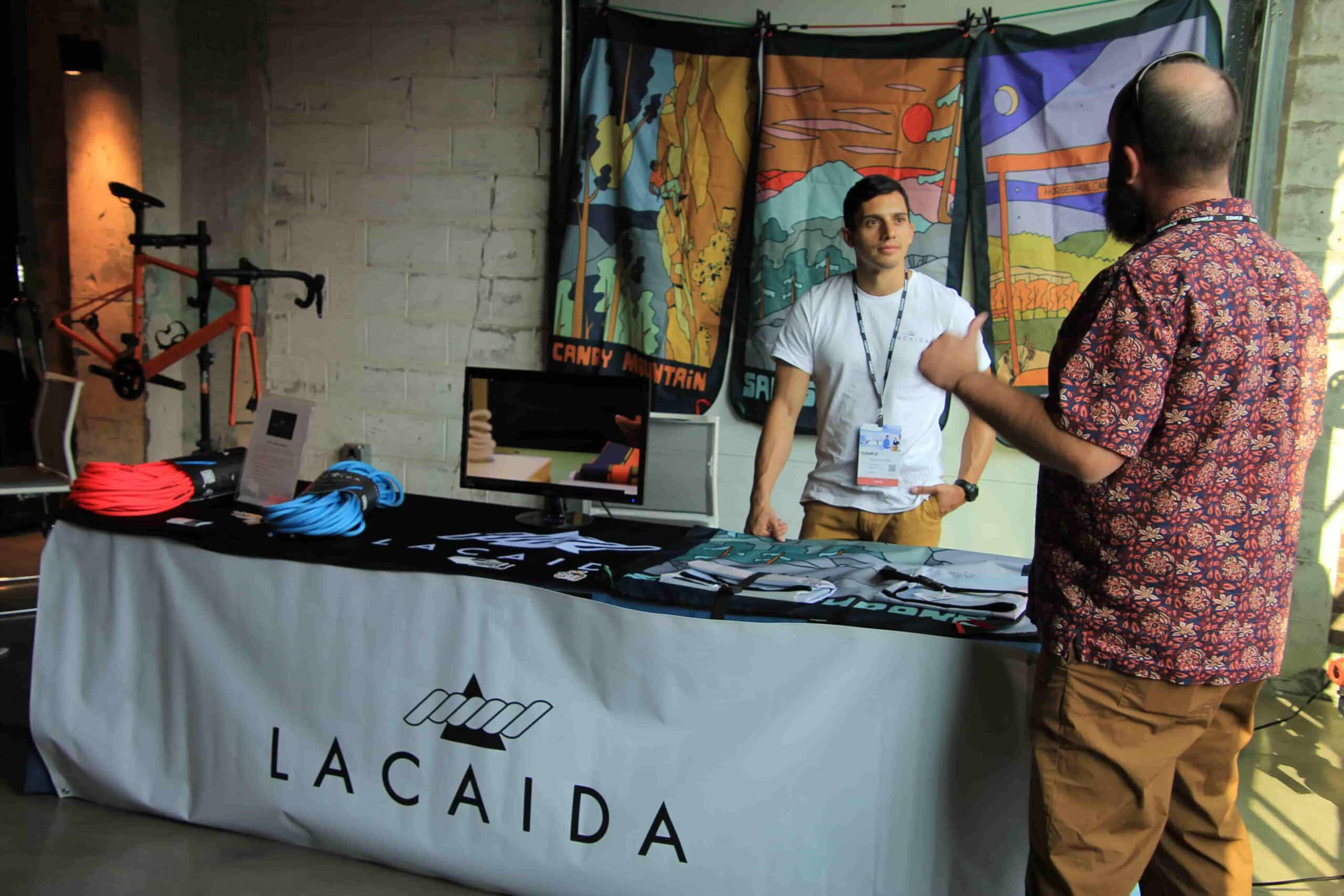by Jill Rohrbach, travel writer
Arkansas Dept. of Parks, Heritage and Tourism
Much like a greenhouse optimizes growing conditions for plants, the Greenhouse Outdoor Recreation Program cultivates ideas. GORP is a business incubation program focused on helping early-stage entrepreneurs who are creating innovative products and services within the outdoor recreation industry.
The program is a new offering through the University of Arkansas Office of Entrepreneurship and Innovation and is located at the Collaborative in Bentonville. It was made possible by a $4.1 million gift from the Walton Family Charitable Support Foundation. It is buttressed by a new Undergraduate Outdoor Products and Services Certificate and a Master of Science in Product Innovation.
Residents from both Northwest Arkansas and the broader region, as well as current University of Arkansas students, are eligible for the GORP program.
“I have had over 100 ideas come across my desk in the 11 months that I’ve been here,” GORP Director Phil Shellhammer said. “They just keep coming.”
People often come to him with ideas and he backs them up to first identify the problem they are trying to solve. “Is the problem they’re trying to solve a real problem and are people willing to pay for [the solution],” Shellhammer said. Then comes the idea of how to do that, evaluation of the opportunity, a business plan, prototype, and launch to market.
“Some say, ‘That’s a lot of work,’ and I never hear from them again. Others come back and take the next step,” Shellhammer said.
Two levels of support are offered to take early-stage companies from idea to launch.
One is in-depth support through a la carte options, which include workshops, mentorship, consulting, co-working space, network connections and product/service design.
The second is a more intensive cohort program designed to help them reach important early milestones. Twice a year through an application process, selected startups engage in a structured 12-week program with workshop training, curated team mentorship, dedicated product/service development support, and up to $15,000 per company of non-dilutive funding, or funding that doesn’t require the business owner to give up equity in the company.
Companies that have already put significant work into their solution and are at the later stages of bringing their business to market are ideal for the cohort program.
Regarding the $15,000, Shellhammer explained, “We don’t limit how those dollars are used, but we decide upfront on goals the companies are trying to reach during the cohort. As long as companies stay engaged and progress to those goals, the funding is provided to support however they deem best.”
Cohort participants are also eligible for support from multiple programs in the Office of Entrepreneurship and Innovation, including the Venture Intern Program and the Venture Mentoring Service.
Shellhammer said the mentorship component is perhaps the most significant benefit.
“I’ve had no shortage of great mentors that want to help,” he said. Shellhammer and the mentors have a great list of business contacts with the connections and expertise to assist with everything from brand marketing to sourcing parts from locations around the globe.
Additionally, almost every cohort participant receives an intern that is a student from the Venture Intern Program. “The intern gets paid from a grant, giving a free intern to the company and the students get an amazing experience,” Shellhammer explained. “All of these people that are building these companies have full-time jobs and families. So to add a student is an amazing extra benefit. This is work. The U of A connection actually makes this really huge.”
Shellhammer said most of the cohort participants are from the local area because he requires in-person participation for the whole 12 weeks. However, currently, someone from California is interested in applying because his day job allows him to work remotely, making it possible for him to come to Bentonville for three months.
“I expect the application pool to keep getting broader,” Shellhammer said.
Part of the reason for requiring people to come to Bentonville for the cohort program is to show them what the area has to offer for businesses. The program has the potential of stimulating significant economic impact for the region.
GORP’s mission also fits with the goals of the new Arkansas Office of Outdoor Recreation, headed by Katherine Andrews. Focused on the economy of the outdoor industry, OOR seeks to grow companies in the state to produce more jobs and economic output; bring outdoor companies to headquarter in Arkansas, or assist in building new companies in the state.
“We want to be her arm to build new ones,” Shellhammer said. He added that GORP wants to support local mom-and-pop businesses and help the hospitality industry.
“We mostly focus on what you can do here in Northwest Arkansas,” Shellhammer explained, listing examples of cycling, camping, hiking, climbing, water sports, running, hunting and fishing. While not focused on fitness, snow sports, organized sports or motorsports, Shellhammer said if someone came in with an idea for a new snowboard or tennis racket, for example, he would help them.
Ideas within the region’s outdoor activities can be wide-ranging. It could be a retail product, a service or something else that enhances the outdoor experience. For example, the innovation could be creating a new bike frame, a service to take people on guided river trips or a digital app to connect hunters with people who have land for them to hunt on.
“People are building this stuff right now in our community,” Shellhammer said.
One business that has already been through the cohort program is Lacaida, creators of the Metered Rope (trademark and patent pending).
“We would not exist without GORP,” Pedro Somarriba, owner and founder of Lacaida, said. “They provided us with validation that we were onto something with our Metered Rope concept, mentorship from other outdoor brands who had already navigated their first year as a startup, and of course the initial $15k we needed to get up and running with patent filings and inventory.”
He added that the cohort program “was also very valuable because it helped us navigate obstacles together, expanded our networks, and in several instances helped provide solutions to business problems. One example would be one month into the program I needed to migrate my e-commerce store from Wix to Shopify and I kept running into domain reference errors that prevented the website from loading at all. I had no idea where to start, but my cohort peer Mark Marsiglio knew exactly what was happening and helped me resolve the issue quickly.”
Somarriba’s company is based out of his hometown of Springdale. His Lincoln Metered Rope was featured in the Outdoor Business Journal’s top products article.
“There is nothing more fun than sitting across the table from someone who’s got a new idea,” Shellhammer said. He loves seeing the excitement in their eyes when they realize they actually can make their idea become a reality.
Find more information and applications to GORP at these websites: entrepreneurship.uark.edu and entrepreneurship.uark.edu/programs/greenhouseoutdoorincubator.php. Program partners include Sam M. Walton College of Business Department of Strategy, Entrepreneurship and Venture Innovation and Office of Executive Education; the College of Education and Health Professions; the Office of Entrepreneurship and Innovation; and the Division of Economic Development.


